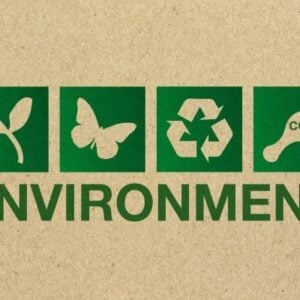Kenya has released its latest Nationally Determined Contribution (NDC) 3.0, setting ambitious targets to cut emissions by 35% and transition to a resilient, green economy by 2035. While the plan positions Kenya as a climate leader, contributing only 0.16% of global greenhouse gas emissions, experts caution that ambition alone does not ensure justice for the communities most vulnerable to climate impacts.
The NDC serves as Kenya’s blueprint under the Paris Agreement, outlining strategies for emissions reduction, climate resilience, and sustainable economic growth. It frames climate action as both a national investment and a diplomatic signal of Kenya’s commitment to global climate goals, including the Global Goal on Adaptation.
However, the plan raises questions about its impact on frontline communities, including smallholder farmers, off-grid populations, and women in arid regions. Climate justice emphasizes fairness in resource distribution, community participation, and equitable benefits, areas where Kenya’s NDC shows gaps despite its rhetoric of inclusivity.
Energy access is a key concern. Expanding access is necessary, but the NDC must also address energy poverty, affordability, and local economic empowerment to ensure meaningful, justice-centered outcomes. Similarly, the heavy focus on mobilizing private finance risks sidelining public interests, potentially reinforcing inequalities if not carefully regulated.
The NDC also highlights the need for genuine community participation. Effective climate justice requires involvement from policy design through implementation. While Kenya’s strategy promotes a “whole-of-government, whole-of-community” approach, the development process appears top-down, limiting local ownership of climate goals.
To ensure a just and actionable climate roadmap ahead of 2031, Kenya must prioritize community needs in energy policy, guide private investment to serve equitable outcomes, and embed participatory governance in every stage of implementation. The country’s ambition in reducing emissions must be matched by a commitment to fairness, ensuring that all Kenyans have a voice and stake in the green transition.
Abigael Kima and Jaël Poelen, from Hivos’ Voices for Just Climate Action program, emphasize that Kenya has the opportunity to demonstrate that climate justice can rise alongside climate ambition, building a future that is equitable, inclusive, and sustainable.






